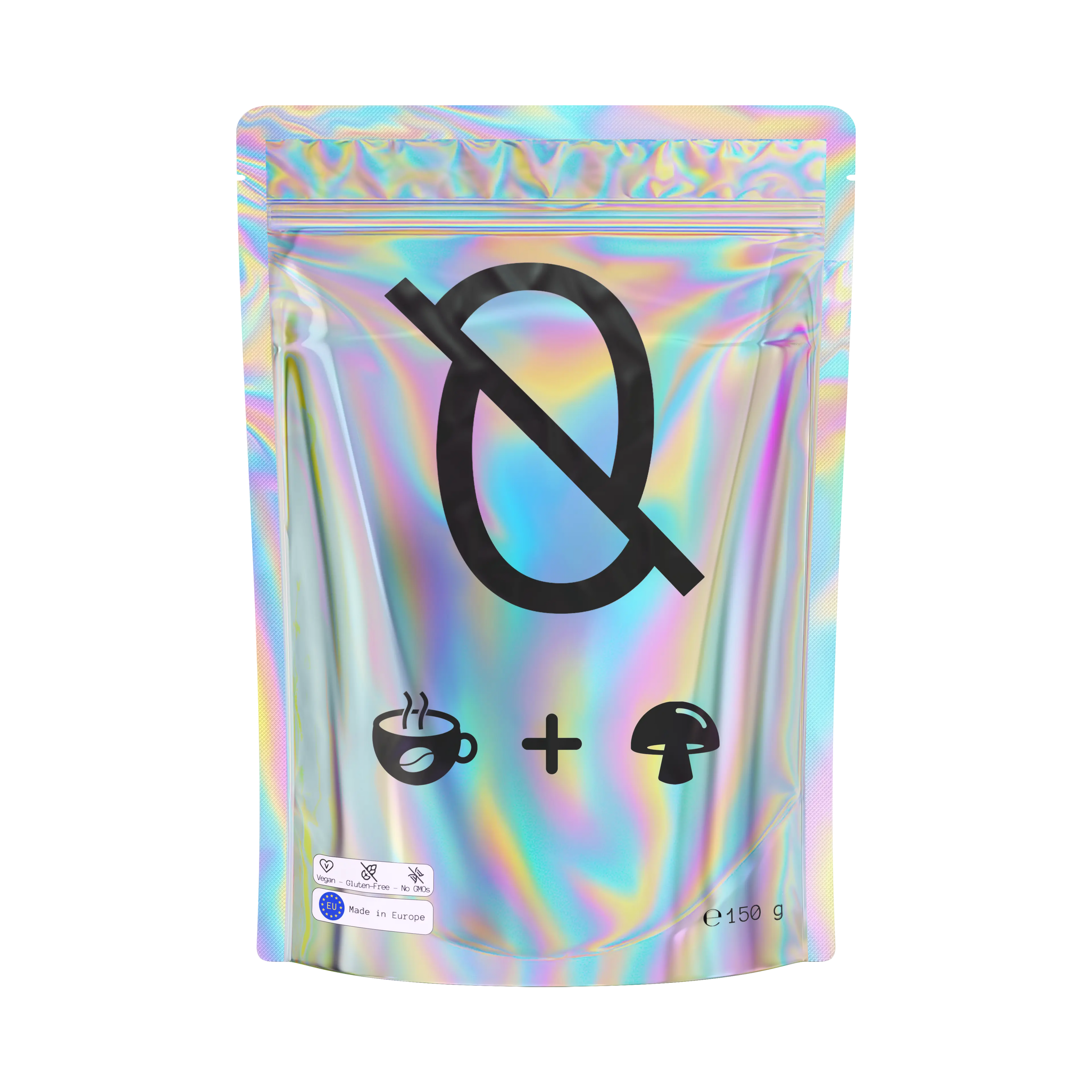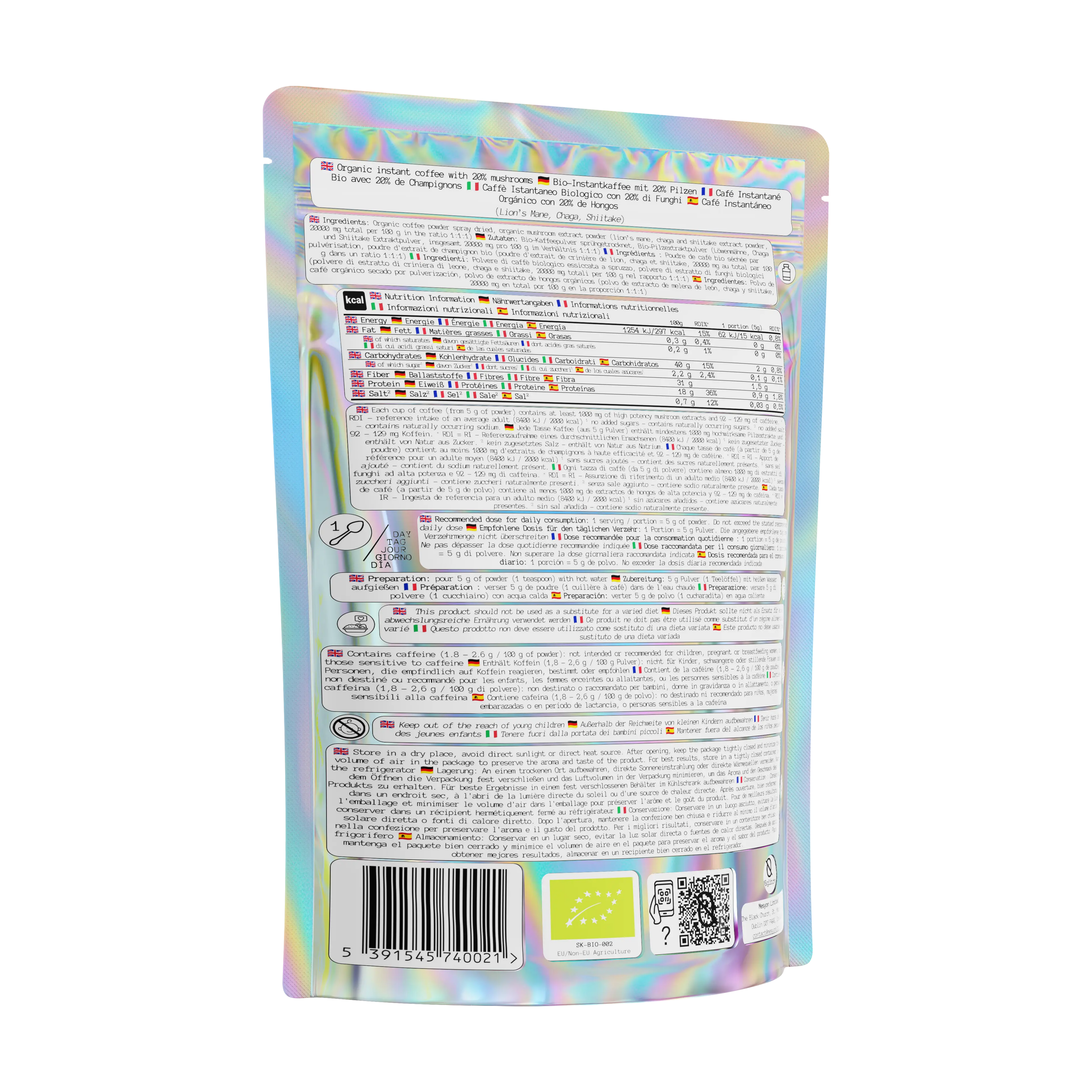
Unveiling the effects of lion's mane on breastfeeding mothers
Breastfeeding is a crucial period in a mother's life where she provides essential nutrients to her baby through her milk. It's no surprise that many women are searching for natural solutions to improve their milk production and overall well-being during this time. One increasingly popular option is the lion's mane mushroom, known not only for its unique appearance but also for its potential health benefits. In this article, we delve into the relationship between lion's mane and breastfeeding.
The Lion's Mane Mushroom: A Natural Superfood
Lion's mane (Hericium erinaceus) is an edible mushroom found in North America, Europe, and Asia. This fascinating fungus has been consumed as both food and medicine in traditional Chinese and Japanese medicine for centuries. Recently, it has gained increasing attention due to its potential cognitive, immune, and gastrointestinal benefits. Some of its reported properties include:
- Supporting brain health and improving cognitive function
- Promoting nerve growth and regeneration
- Reducing inflammation and aiding digestion
- Boosting immunity with antimicrobial and antiviral effects
- Alleviating anxiety and depression symptoms
With all these promising attributes, it's worth investigating how lion's mane may affect breastfeeding mothers seeking a natural way to support their health and lactation.
Can Lion's Mane Enhance Milk Production?
The key hormone responsible for milk production in breastfeeding mothers is prolactin. Many factors influence prolactin levels in the body, such as stress, medications, and nutrition. It is thus essential to maintain optimal prolactin levels for successful breastfeeding, and some women turn to natural means like dietary supplements to achieve this.
Lion's Mane and Prolactin Levels
While there are no studies directly examining the connection between lion's mane consumption and prolactin levels in humans, some anecdotal evidence suggests that incorporating lion's mane into a breastfeeding mother's diet may positively influence milk production. The possible explanation behind this idea lies in the mushroom's neuroprotective properties on dopamine regulation.
Dopamine is a neurotransmitter that affects various bodily functions and has an inverse relationship with prolactin. High levels of dopamine can suppress prolactin secretion, causing issues with lactation. As lion's mane may help regulate dopamine levels due to its positive effects on brain health, it could potentially be a supportive factor in maintaining appropriate prolactin levels for breastfeeding mothers. However, more research is necessary to validate these claims.
Nutritional Benefits for Breastfeeding Mothers
Lion's mane mushrooms offer various nutrients that could be beneficial to breastfeeding mothers, including:
- B vitamins: Necessary for cellular function and energy production
- Vitamin D: Essential for bone health and immune system support
- Amino acids: Crucial building blocks for protein synthesis
- Dietary fiber: Promotes digestive health and satiation
- Antioxidants: Protect against oxidative stress and inflammation
These nutrients play a vital role in supporting overall health at any stage of life, but they are particularly important during breastfeeding when a woman's body experiences increased nutritional demands to produce sufficient milk for her baby.
Safety and Precautions
Although lion's mane mushrooms are generally safe for most people, it is crucial to consider possible risks associated with consumption during lactation. As with any dietary supplement or change in nutrition, pregnant and nursing mothers should always consult their healthcare provider before including lion's mane in their diets.
Allergic Reactions
Some individuals may experience allergic reactions to mushroom-based products, such as temporary itching or rash in rare cases. If a breastfeeding mother suspects an allergy, she should discontinue use immediately and seek medical advice.
Dietary Supplements vs. Fresh Mushrooms
Lion's mane can be consumed in various forms, including fresh mushrooms eaten as part of a meal, dried powders, capsules, or extracts made from the fungus. It is essential to know that not all dietary supplements are created equal; some may contain additional ingredients, contaminants, or vary in potency. Breastfeeding women should carefully research and choose high-quality, reputable sources if considering adding lion's mane as a supplement to their diet.
Conclusion: To Consume or Not to Consume?
While there is anecdotal evidence suggesting benefits of incorporating lion's mane into a breastfeeding mother's diet, scientific consensus on this topic remains limited. Perhaps the safest and most prudent approach would be to maintain an overall healthy, balanced diet that supports milk production and maternal health without relying solely on supplements like lion's mane.
In conclusion, while preliminary research points towards potential benefits of lion's mane in cognitive function, inflammation reduction, and immunity support, more studies are necessary to determine its specific impact on breastfeeding mothers. Until then, it is best to consult with your healthcare provider and make individualized decisions based on nutritional needs and lifestyle factors.
0 comments
Disclaimer
The information in this article is for educational and informational purposes only. If this article discusses psychedelics, supplements, or wellness practices, it is not intended to promote, endorse, or encourage illegal activities or unverified health claims.
n0glitch does not sell or distribute psychedelic substances and does not provide medical, legal, or professional advice. Always consult a qualified healthcare provider before making health-related decisions.
Laws regarding psychedelics and supplements vary by country and region. Please research and comply with local regulations.













